Pickle juice has a reputation as a probiotic powerhouse, workout recovery aid, hangover cure and more
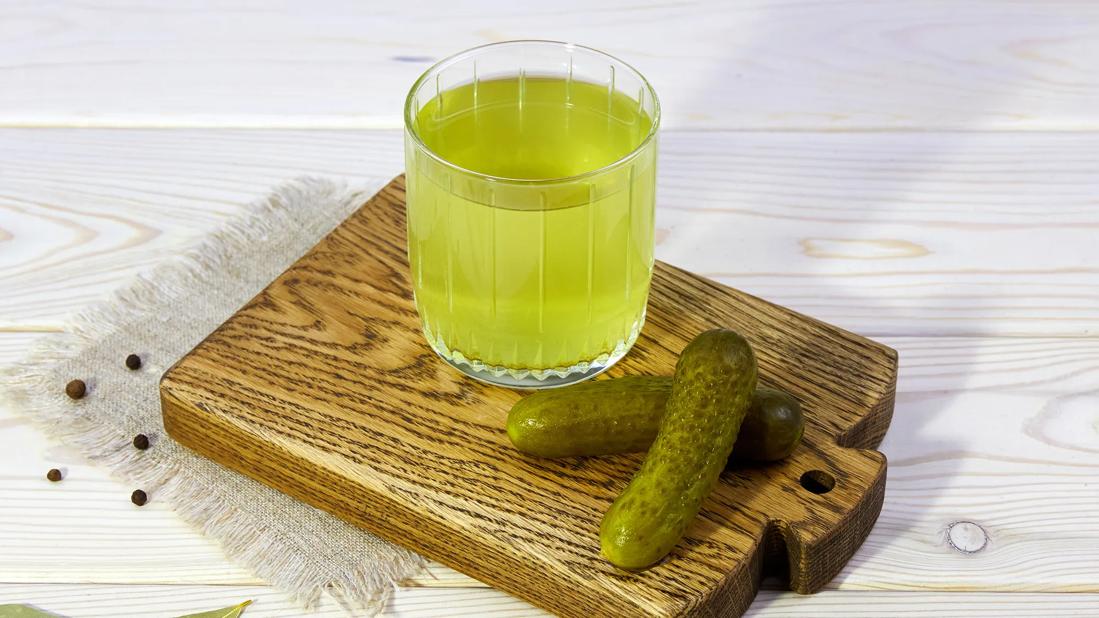
Pickle juice has a big reputation in some circles. Fans of the stuff will tell you that it can help you recover after a strenuous workout. Others turn to it as a weight loss solution. And some will say it’s their go-to remedy for heartburn.
Advertisement
Cleveland Clinic is a non-profit academic medical center. Advertising on our site helps support our mission. We do not endorse non-Cleveland Clinic products or services. Policy
There’s some reason for the claims. But is it really a magic potion?
Eh.
We talked with registered dietitian Beth Czerwony, RD, LD, about the potential benefits of pickle juice.
You may have heard that pickle juice can have big benefits for things like your gut health, workout recovery and more. And there may be some truth to that.
But keep in mind that pickle juice is also high in sodium. One cup of pickle juice can have about a third of your daily recommended sodium. So, easy does it. And if you’ve been advised to cut back on your salt intake, pickle juice might not be for you.
But in small amounts, pickle juice may do your body some good. Czerwony shares some of the top potential benefits.
Naturally fermented pickles — and their juice — contain helpful microorganisms called probiotics.
“Probiotics are helpful bacteria that live in your gut. They help with things like metabolism, overall health, digestion and fighting illness,” Czerwony says. “Probiotics help keep your gut microbiome in balance.”
Probiotics are live, microscopic bacteria and yeasts that you can also find in fermented foods like:
So, it’s not that you have to have pickle juice specifically to get the probiotic benefits. But it could be a way to give your belly a boost, in moderation.
Advertisement
If you’re looking for a pickled probiotic punch, choose refrigerated pickles that aren’t vinegar-based. They should be fermented naturally in water using salt and spices.
Electrolytes help maintain the fluid balance in your body and keep your systems firing. But when you sweat, you lose electrolytes. That can lead to dehydration.
In those cases, pickle juice may help.
“Pickle juice contains electrolytes in the form of a lot of sodium, as well as potassium and magnesium — in higher amounts than a typical sports drink,” Czerwony shares. “It can help to rehydrate you after an intense workout.”
Using pickle juice as an electrolyte can also help people who need more sodium in their diet. For the most hydrating benefit, choose a vinegar-based pickle without yellow dye and preservatives.
But using pickle juice as your go-to recovery drink isn’t for everyone. Most of us get enough (if not too much) sodium in our diet. So, it’s best saved for after a particularly grueling sweat session. Remember, you can absolutely get too much of a good thing when it comes to electrolytes.
Studies show that vinegar can help prevent spikes and dips in blood sugar. That’s a check in the win column for vinegar-based pickle juices.
But ... you can also get that benefit from other vinegary concoctions.
“You would also see the same benefits from things like vinegar-based salad dressings and apple cider vinegar,” Czerwony notes.
The research gets murky when it comes to pickle juice’s effects on weight loss. That’s because the claims about pickle juice and weight loss are less about the pickles themselves and more about vinegar content in the juice.
“There’s not really a direct connection between pickles and weight loss,” Czerwony clarifies. “Pickle juice could help curb your appetite by stabilizing blood sugar. And it’s easier to lose weight and manage your appetite when your blood sugar’s stable.”
So, sure, it’s possible that pickle juice may be associated with some weight loss. But it’s far from a miracle elixir.
Remember all those electrolytes in pickle juice? Drinking too much alcohol can dehydrate you. And electrolytes can help reduce some of those effects.
“Drinking pickle juice as a hangover cure could help build up electrolytes and rehydrate you the morning after,” Czerwony says. The better bet, of course, would be to keep the alcohol to a minimum and avoid that hangover in the first place.
Score one for the cucumbers! As pickles are fermented cukes, you get to count some of that veggie goodness, including vitamins, minerals and antioxidants.
Advertisement
Antioxidants may protect your cells from damage caused by free radicals. Those are molecules inside your body that are linked to cancer, heart disease and more.
“You can get some antioxidants from pickle juice, but eating the pickle is even more beneficial,” Czerwony recommends.
And a diet high in a variety of fruits, veggies, whole grains and lean protein will help ensure your body gets all the good stuff it needs.
Czerwony’s bottom line: If you like the briny goodness of pickles or pickle juice, a bit here and there can be helpful, especially if you like that mouth-puckering taste.
But pickle juice isn’t a cure-all. And the salt content is worth paying close attention to.
If you’re looking for better gut health, improved workout recovery or better blood sugar management, pickle juice may not hurt. But there are better options.
Advertisement

Sign up for our Health Essentials emails for expert guidance on nutrition, fitness, sleep, skin care and more.
Learn more about our editorial process.
Advertisement

Options for sober social drinking are abundant, but be mindful about additives and triggers

If you’re looking to boost your gut health, it’s better to get fiber from whole foods

While it isn’t bad for you, celery juice isn’t the detox phenom it’s claimed to be
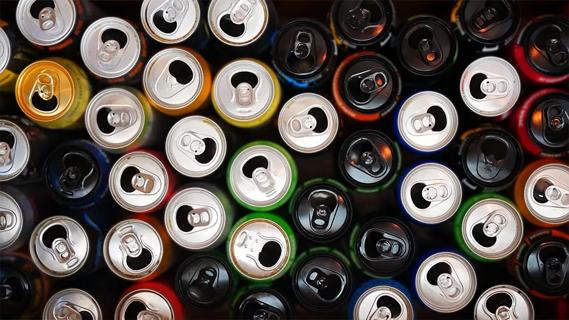
Regularly drinking these sugar-fueled, stimulant-laden beverages can increase your risk of adverse health effects
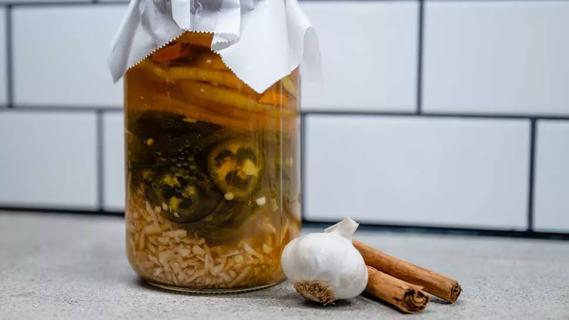
This spicy concoction can do more harm than good, upsetting your stomach and causing painful acid reflux
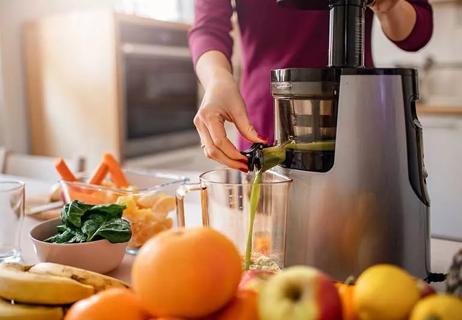
Juicing removes beneficial fiber from fruits and veggies and raises your blood sugar

Sports drinks can give your body a boost, but it’s important not to overuse them
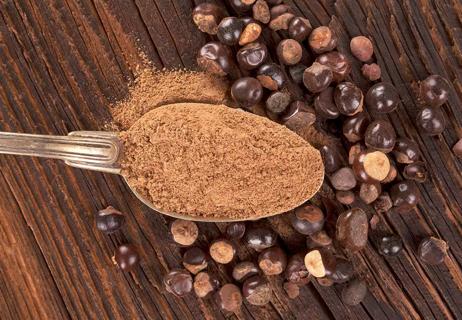
Guarana seeds may have benefits, but the potential is lost in processing

Even small moments of time outdoors can help reduce stress, boost mood and restore a sense of calm

A correct prescription helps your eyes see clearly — but as natural changes occur, you may need stronger or different eyeglasses

Both are medical emergencies, but they are very distinct events with different causes